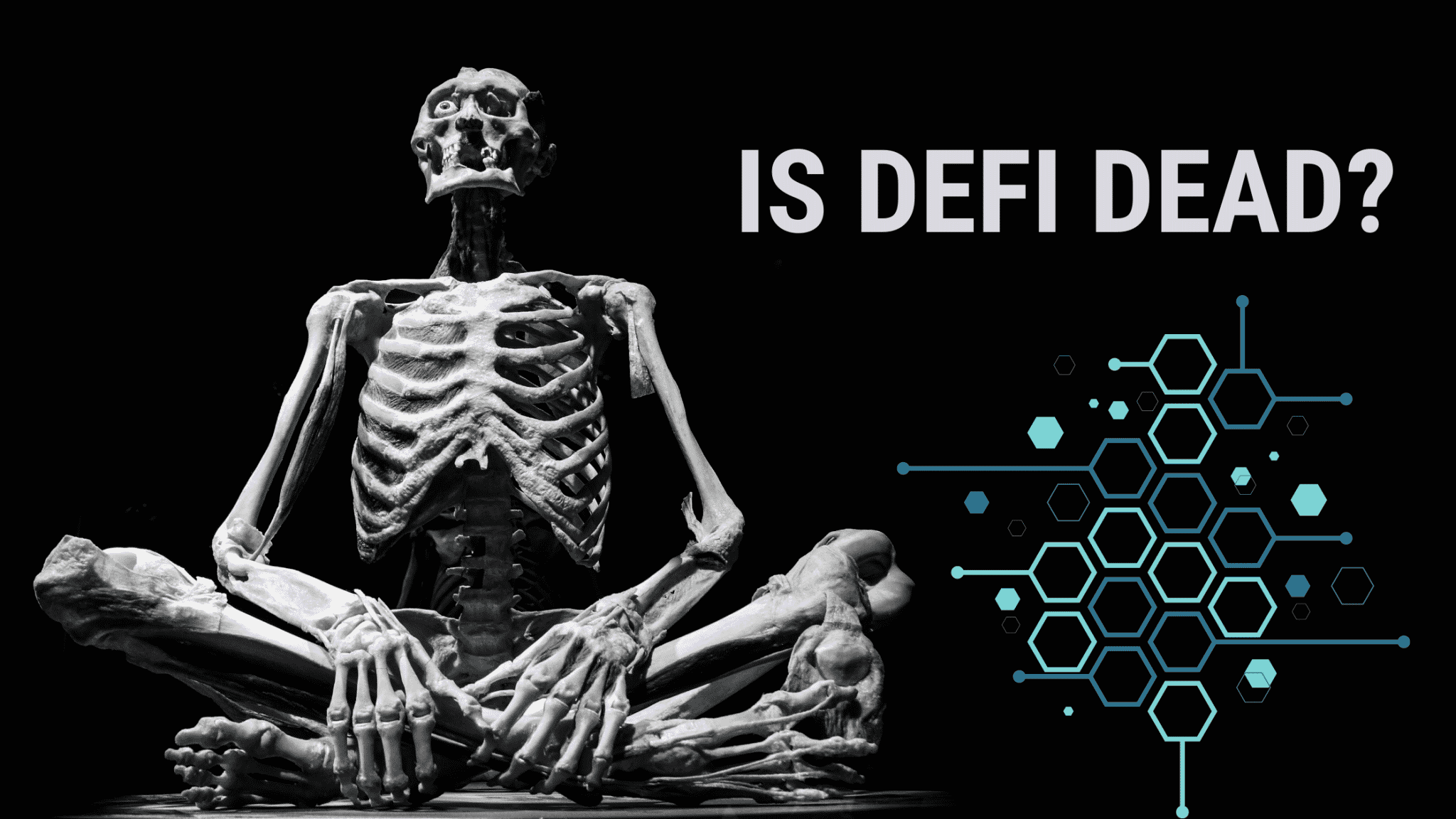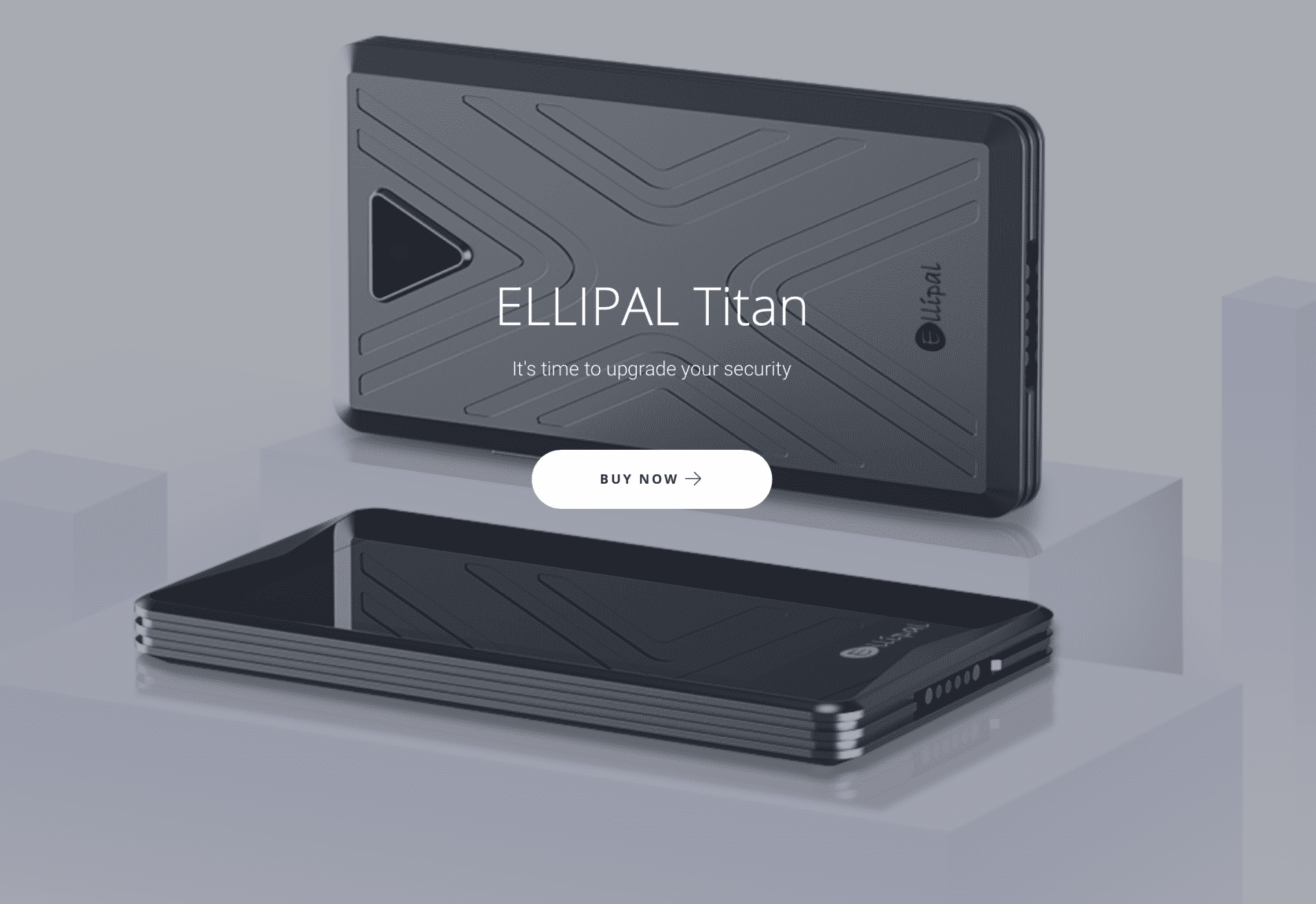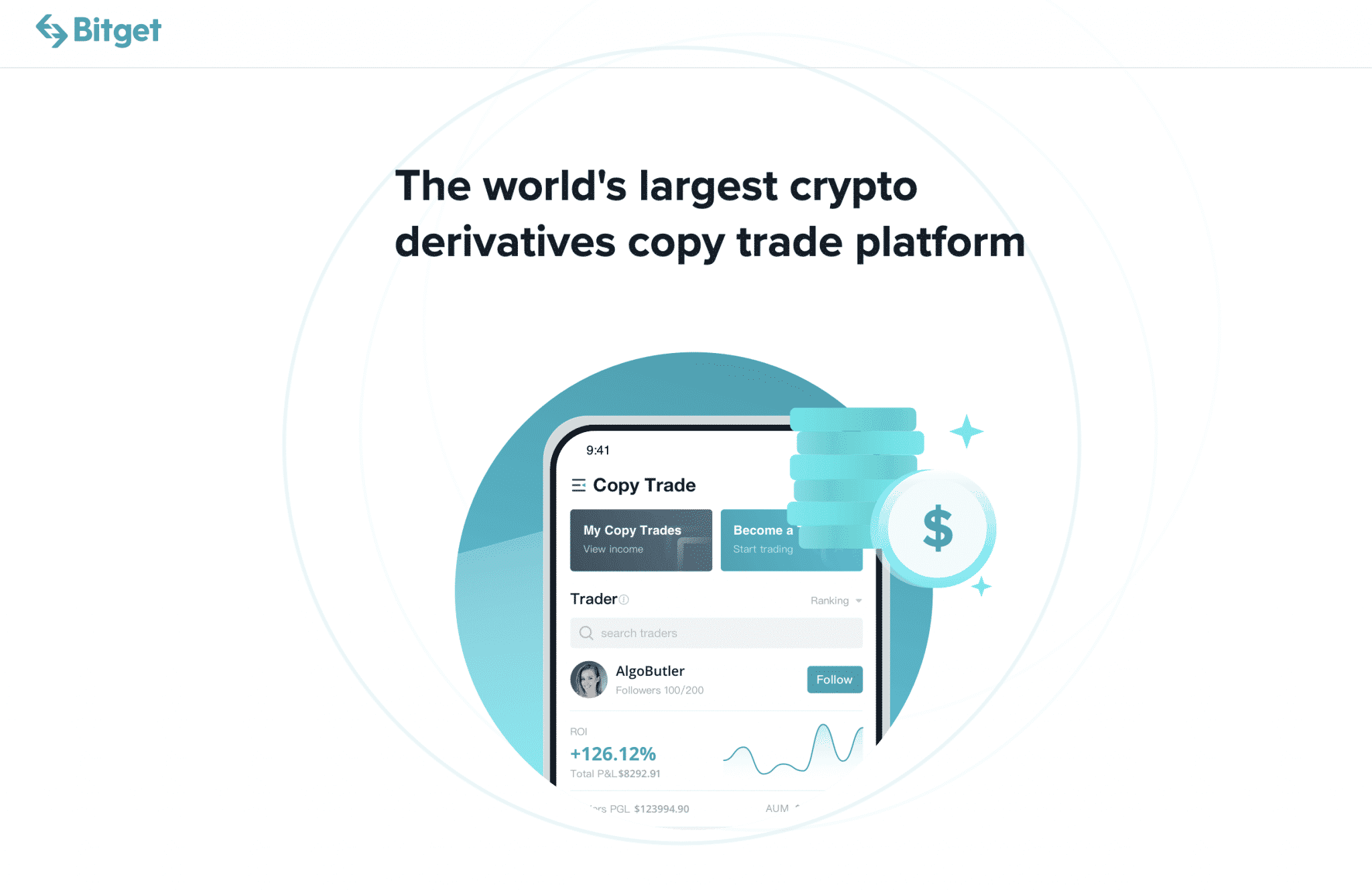 Navigation
Navigation

Will The Blockchain Disrupt The Real Estate Industry: You Can Bet On It!
|
|
Disclaimer: The views and opinions expressed in this article are those of the authors and do not necessarily reflect the official policy or position of Blockgeeks
The blockchain offers many advantages to real estate: To start, let’s consider buying an office building, a complex transaction involving banks, lawyers, insurers, title companies, regulators, tax agencies, and inspectors. They all maintain separate records, and it’s expensive to verify and record each step. The average closing takes 50–60 days. Blockchain Technologies offers a solution: a trusted, immutable digital ledger, visible to all participants, that shows every element of the transaction.
As Rex tackles data and the multiple listing services through blockchain technology, we often discuss the possibilities in ownership structure.
What if you could trade 1,000 tokens in the Chrysler building like you trade 1,000 shares of Apple?

Creating Liquidity Using the Blockchain: Background
The Chrysler building was completed May 27, 1930. Owned by Walter P. Chrysler, it was built to serve as Chryslers new headquarters. The Chrysler building is 77 floors high and approximately 2,062,772 square feet of office space. The building has changed hands several times since the Chrysler family sold it in 1953. In 1998, Tishman Speyer Properties along with Travelers Insurance purchased the Chrysler building for $220,000,000. In 2001, Tishman sold a 75% stake to Abu Dhabi Investment Council. Today, Abu Dhabi Investment Council owns 90% and Tishman retains 10%.
Redefining Real Estate Ownership: Chrysler Dapp
Let’s say Rex purchases Abu Dhabi’s and Tishman’s entire stake in the Chrysler building for $3,000,000,000 cash at a 4% capitalization rate:
The Chrysler building is 90% occupied with long term leases averaging $108/SF. The gross income is $200,500,000 per year. Expenses run about 40% or $80,200,500. Thus, the Net Operating Income is $120,000,000.
Enter Blockchain
Using Ethereum, Rex creates a decentralized application called Chrysler Dapp. The Chrysler Dapp creates 1,000,000,000 CHRY tokens. Chrysler Dapp allocates 750,000,000 CHRY tokens (75% of the total supply) to be sold in an upcoming crowdsale. CHRY tokens will be listed at $3.00 per token (valuing the building at $3,000,000,000).
The developers of Chrysler Dapp create an incorporated company called Chrysler Management Inc. Chrysler Management Inc. will be the managing entity of the Chrysler building, responsible for management, leasing and legal. Chrysler Management Inc. will retain 100,000,000 CHRY or 10% of the total supply. The remaining 150,000,000 CHRY will be held for capital reserves.
Each quarter, Chrysler Management Inc. will convert all positive cash flow (after expenses) to CHRY tokens and deposit them in a community smart contract. The contract will distribute CHRY tokens to stakeholders according to the percentage of tokens each stakeholder owns.
In the by-laws of CHRY token holders and Chrysler Management Inc., it will state that each quarter (much like public companies are required by the SEC), Chrysler Management Inc. is obligated to release a detailed income and expense report for that quarter.
Economics
Token participants have the opportunity to own a piece of an iconic building in New York City with a potential 10% upside: If Chrysler Management Inc. leases the 10% vacancy, it will increase net operating income which in turn should increase the value of the building:
vacancy + tenant = +NOI = +building value = +CHRY token value
Market equilibrium shows us an increase in value usually creates an increase in price. Conversely, if Chrysler loses a major tenant, the token’s value should decrease.
Physical Asset
As we’ve seen with recent token sales, prices fluctuate, and markets can be highly irrational. However, a physical asset like the Chrysler building can be pegged to the local real estate market offering a more precise determination of value and perceived risk.
For example:
ABC Inc. occupies 500,000/SF at $108/SF. Their lease expires, and they vacate the Chrysler building. In one deal, the asset loses $54,000,000 in gross annual income. The CHRY token price drops to $1.00 valuing the building at $1,000,000,000. A few sophisticated individuals discover the actual market value (after the loss of ABC Inc.) should be closer to $1,700,000,000:
$146,500,000 — $80,200,000 = $66,300,000 NOI at a 4% CAP = $1.657 billion or $1.67 per CHRY token.
The investors can profit from a potential $0.67 upside in token value, long term building appreciation and any increase in value once the remaining 10% vacancy is filled.
The same is true if the token value jumps to $4.00 or $4,000,000,000 with no real increase in NOI. Sophisticated investors may short CHRY tokens thus stabilizing value with market equilibrium.
The above may be a dramatic example, but it illustrates my point. People can buy in and cash out as quickly as they trade stocks.
Problems
First, we think about regulation. The benefits of owning tokens in individual real estate assets over shares in a REIT are your only investing in that property, not the entire portfolio. The second would depend on regulation and cost associated with registering the token. Another issue is establishing trust with Chrysler Management Inc. CHRY token holders are relying on a third party to pay operating expenses, manage leases and properly maintain the building. However, Chrysler Management Inc. is incentivized by ongoing fee’s and an ownership stake which, in theory, should provide sufficient motivation for Chrysler Management Inc. to adequately adhere to their responsibilities.
There are plenty more obstacles in tokenizing real estate and putting it on the blockchain not listed above. However, starting the quest to solve illiquidity in the real estate industry is too fun a topic not to ruminate on.






The market will determine (in real time) the markets value of the property. If the building is scheduled to loose a 50,000/SF tenant on 4/1/2017, token price may not drop until 3/31/2017. The income from the tenant is still being realized until the last day in March 2017. Thus, token holders realize any income from the tenant until they vacate. I believe there would be huge fluctuations in asset value, especially in testing such a use case. It would be interesting to compare Schillers theory on irrational equity markets as they relate to this specific use case. Unlike the equities market, real estate is pegged to it’s surrounding market. How irrational could/would token values get? How would it effect local, regional, national, international real estate markets? We don’t know.
The market will determine (in real time) the markets value of the property. If the building is scheduled to loose a 50,000/SF tenant on 4/1/2017, token price may not drop until 3/31/2017. The income from the tenant is still being realized until the last day in March 2017. Thus, token holders realize any income from the tenant until they vacate. I believe there would be huge fluctuations in asset value, especially in testing such a use case. It would be interesting to compare Schillers theory on irrational equity markets as they relate to this specific use case. Unlike the equities market, real estate is pegged to it’s surrounding market. How irrational could/would token values get? How would it effect local, regional, national, international real estate markets? We don’t know.
The market will determine (in real time) the markets value of the property. If the building is scheduled to loose a 50,000/SF tenant on 4/1/2017, token price may not drop until 3/31/2017. The income from the tenant is still being realized until the last day in March 2017. Thus, token holders realize any income from the tenant until they vacate. I believe there would be huge fluctuations in asset value, especially in testing such a use case. It would be interesting to compare Schillers theory on irrational equity markets as they relate to this specific use case. Unlike the equities market, real estate is pegged to it’s surrounding market. How irrational could/would token values get? How would it effect local, regional, national, international real estate markets? We don’t know.
so using Chrysler building (I love that building!) example:
1) with the large single tenant loss and devaluing of my token value, who/what is making a market in that token(s) ’cause I want sell?
2) realtime valuations being possible should reduce appraisal costs, plus other experts various fees…
3) New projects could seemingly have an easier time obtaining financing, and investors could monitor more easily…
4) The token being “project specific”, who/what establishes the token value that is real? What about other liquidity issues for investors?
so using Chrysler building (I love that building!) example:
1) with the large single tenant loss and devaluing of my token value, who/what is making a market in that token(s) ’cause I want sell?
2) realtime valuations being possible should reduce appraisal costs, plus other experts various fees…
3) New projects could seemingly have an easier time obtaining financing, and investors could monitor more easily…
4) The token being “project specific”, who/what establishes the token value that is real? What about other liquidity issues for investors?
so using Chrysler building (I love that building!) example:
1) with the large single tenant loss and devaluing of my token value, who/what is making a market in that token(s) ’cause I want sell?
2) realtime valuations being possible should reduce appraisal costs, plus other experts various fees…
3) New projects could seemingly have an easier time obtaining financing, and investors could monitor more easily…
4) The token being “project specific”, who/what establishes the token value that is real? What about other liquidity issues for investors?
It would be great to see the egregious realtor fee’s on a residential transaction reduced or eliminated via blockchain!
Eliminating the realtor is a tough problem to solve. Even with the best data at your disposal, it’s helpful to have an expert interpret the information. Broker Incentivisation and fee vs value offer immediate inefficiencies that are best to tackle first.
It would be great to see the egregious realtor fee’s on a residential transaction reduced or eliminated via blockchain!
Eliminating the realtor is a tough problem to solve. Even with the best data at your disposal, it’s helpful to have an expert interpret the information. Broker Incentivisation and fee vs value offer immediate inefficiencies that are best to tackle first.
It would be great to see the egregious realtor fee’s on a residential transaction reduced or eliminated via blockchain!
Eliminating the realtor is a tough problem to solve. Even with the best data at your disposal, it’s helpful to have an expert interpret the information. Broker Incentivisation and fee vs value offer immediate inefficiencies that are best to tackle first.